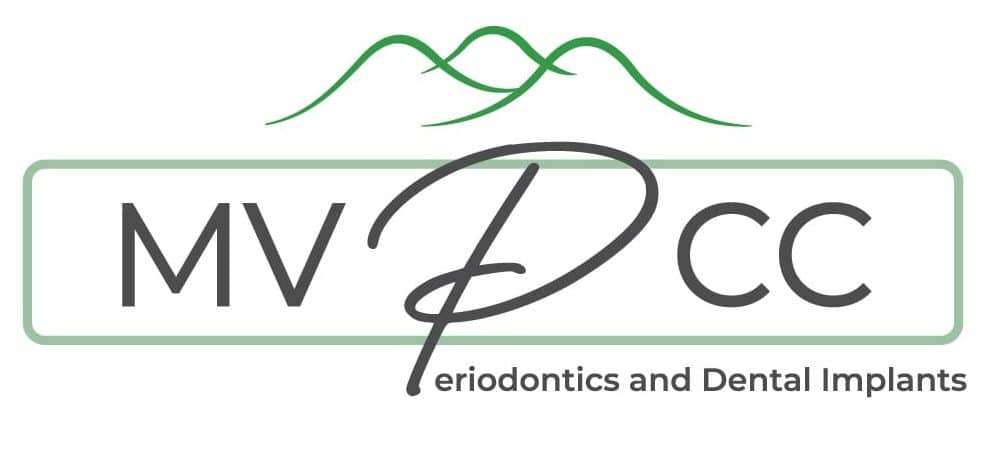
National Nutrition Month & Your Oral Health. Nutrition plays an important role in overall wellness, including oral health. Eating well and maintaining a healthy diet can help reduce the risk of developing problems in your mouth, including periodontal disease. In fact, including certain foods as part of a nutritious diet has actually been shown to play a role in the prevention of periodontal disease.
Lactic Acid & Calcium
Most people know that dairy products can help build strong bones. What some may not know is that consuming dairy products may also reduce your risk of developing periodontal disease. A recent study determined that individuals who regularly consume 55 or more grams of foods containing lactic acid, commonly found in dairy products such as yogurt, have a lower instance of gum disease. Dairy products are also a good source of calcium which has been shown to lower the risk of severe periodontal disease. The American Dietetic Association advises that adults should consume at least three servings of calcium each day to help keep their jaw bone strong and their teeth in place.
Vitamin C
When a cold is coming on, many people reach for vitamin C. But this vitamin may do more than just fend off the sniffles; it may reduce the risk of periodontal disease. According to a study, consuming less than 60 mg of vitamin C each day can put you at a slightly higher risk for developing certain types of periodontal disease. And, this isn’t recent news! In fact, in the late 18th century, sailors away at sea would eat limes to prevent their gums from bleeding! According to the Institute of Medicine, the recommended dietary allowance for vitamin C is 60 mg per day – or about 1 orange.
Vitamin D
Sometimes known as the “sunshine vitamin,” vitamin D can help lessen inflammation associated with periodontal disease. Research shows that foods fortified with vitamin D such as milk, eggs, sardines, and tuna fish, as well as moderate exposure to sunlight, can provide you with the amount of vitamin D required to stay healthy.
Healthy Diet
There may be more reasons to watch what you eat other than maintaining a healthy weight. Studies indicate that obesity may be linked to periodontal disease. Obesity can be the result of an unbalanced diet, which may lack the nutrients known to help prevent gum disease. Also, excessive consumption of sugary drinks such as soft drinks and foods high in sugars, trans-fats, and sodium are often associated with increased tooth decay and can have a negative impact on periodontal health.
Without the proper nutrients from a healthy diet, the body can have a hard time fighting off infections such as periodontal diseases. And routinely including such things as lactic acid, calcium, and vitamins C and D in your diet have been shown to possibly reduce the occurrence of gum disease. So next time you go to the grocery store or sit down for a meal, remember: eat right to smile bright! Call us today to talk about your oral health.

